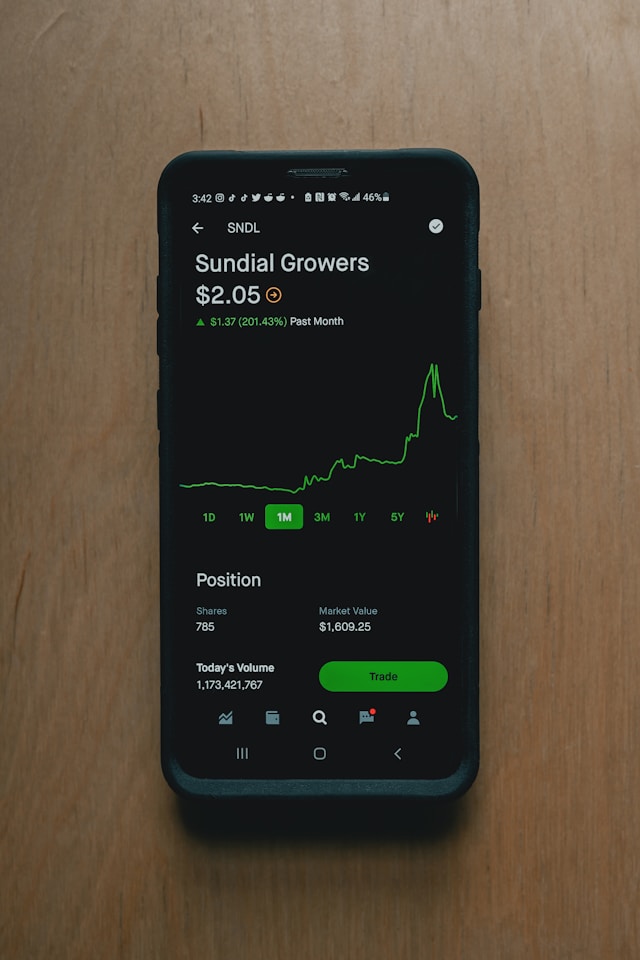
Weak UK Factory Numbers Lift The Euro Against The Pound
London: 2 January 2024 (TraderMade): Weaker UK S&P Global Manufacturing PMI raises concerns about a potential recession and prompts speculation about Bank of England rate cuts.
The EURGBP pair jumped by 0.106% to 0.86774 at about 11:13 AM GMT.
S&P global manufacturing PMI summarized
The S&P Global Manufacturing PMI landed at a disheartening 46.2, missing both analyst predictions and the already anemic previous reading of 46.4. This figure, below the neutral 50.0 threshold for the 17th consecutive month, paints a stark picture of a UK manufacturing sector struggling under multiple headwinds.
Production, a crucial activity indicator, saw a further decline, echoing the pessimism among firms. This downturn suggests that factories are churning out fewer goods, likely due to higher input costs, weaker demand, and supply chain disruptions.
New orders, the lifeblood of any manufacturing business, also took a hit, falling for the sixth month in a row. This suggests that enterprises are struggling to secure new contracts, likely due to a combination of consumer belt-tightening in the face of a cost-of-living crisis and delaying investments due to economic uncertainty.
Deeper dive into UK manufacturing woes and policy dilemmas:
High rates & high prices crush manufacturers
Higher rates fight inflation but bite manufacturers with costlier loans and weak demand from cash-strapped consumers. This double whammy fuels the ongoing slump.
Recession Looms Large
0.1% GDP drop and 17 months of weak manufacturing paint a worrying picture: UK economy sputters, fueling recession fears.
BoE Caught in a Tightrope Walk
BoE dilemma: Hike rates to curb inflation but risk deeper recession. Early cuts were tempting but could rekindle the inflation fire. Tightrope walk ahead.
Eurozone Inflation Adds to Uncertainty
Eurozone inflation eyes on deck: Rising numbers could tie BoE's hands-on rate cuts. Watch Thursday data closely (German inflation data due on Thursday), which is expected to show a significant increase.
To sum-up
The weak UK manufacturing data has strengthened the Euro against the Pound and raised concerns about the UK economy. The possibility of a recession and Bank of England rate cuts is now on the table, adding further uncertainty to the market.



